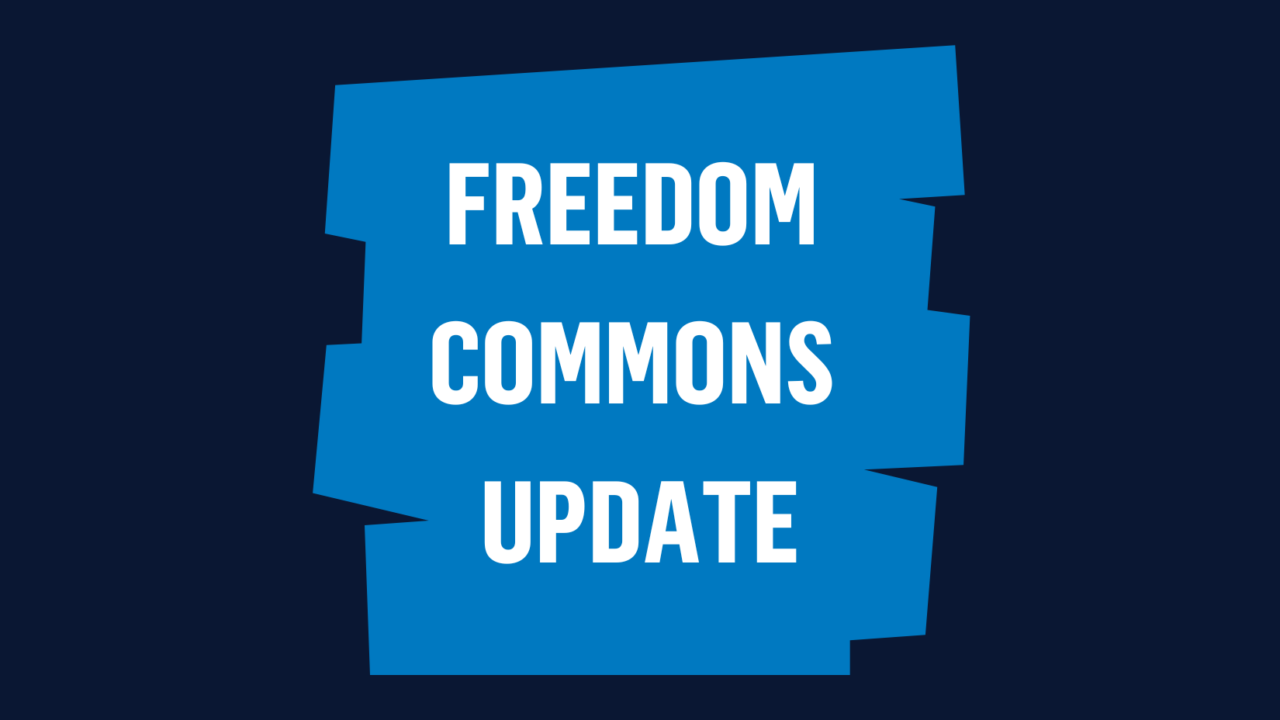News From Washington: The Hard Work Begins

November 2012
On November 7, members of my team at IJM straggled in throughout the day after going to the polls in DC, Maryland and Virginia to vote. They were frozen – it was in the mid-thirties – but no matter which party and candidate they voted for, my colleagues were proud to stand in line for hours and cast their ballots. It is a great and good thing to live in a democracy, and voting reminds us of that. As President Obama noted in his speech last night, the very intensity of arguments between candidates with very different visions of how our country should be governed is a tribute to the freedom of speech and opinion that we Americans are blessed to have.
The Washington Post lead editorial on November 7 was titled, “President Obama’s second term: Now the hard work really begins.” As I think about the things our government can and should do to eradicate modern day slavery, I couldn’t agree more. We need some very hard and sustained work by the President and his cabinet, and we need vision and goals and commitments that we’ve not seen to date.
It’s clear to me that we need for President Obama to build on his September 25 speech on slavery and trafficking and to ask Congress for the resources our government needs to actually end slavery at home and abroad. We desperately need a presidential initiative to learn what is working to rescue children, women and men from labor or sexual slavery in our own country and abroad, and to scale up and replicate those initiatives.
Take the issue of children being exploited in the sex industry. IJM’s collaboration with local authorities in Cambodia, India and the Philippines is proving that children can be rescued and restored, and that the crime can be deterred through professional and effective law enforcement. We’ve found that specialized anti-trafficking police units that are well trained and well-led can dry up the trade in children. I would love to see our model, which in the Philippines has led to a 79 percent reduction in the availability of minors being offered for sex in the country’s second largest city of Cebu, replicated in other countries with a child sex trafficking problem.
We need to learn from successful efforts elsewhere by other organizations and governments. We need baseline and follow-up data on rescues, rehabilitation, and deterrence of every kind of slavery – minors in the sex industry, boys enslaved in the fishing industry, exploitation of migrants in shrimp farms, domestic servitude, bonded labor, and many other kinds of exploitation. Once we’ve seen what works to liberate enslaved people and keep them free, those efforts should be tested elsewhere. Governments of good will who need help building effective police and justice systems should get it – along with close monitoring and oversight so that learnings can be captured and replicated.
Here at home, we need a comprehensive national action plan with a designated White House official to assess where slavery exists, and to help states address it. And we need for President Obama to stay as engaged in the coming four years as he was in his extraordinary and inspiring speech in September.
In the meantime, there is still plenty of work to be done in 2012. For the first time in over a decade, Congress has failed to reauthorize the Trafficking Victims Protection Act—our nation’s blueprint for combating slavery at home and abroad. IJM, along with our friends in the NGO community and supporters around the country, are calling on the Senate to bring this bill to the floor for a vote. In addition, we are asking the Senate to pass the End Trafficking in Government Contracting Act, another bipartisan bill that has already passed in the House and is just awaiting a vote in the Senate. I hope you’ll join us in calling on Congress to get this critical work done before they leave Washington.